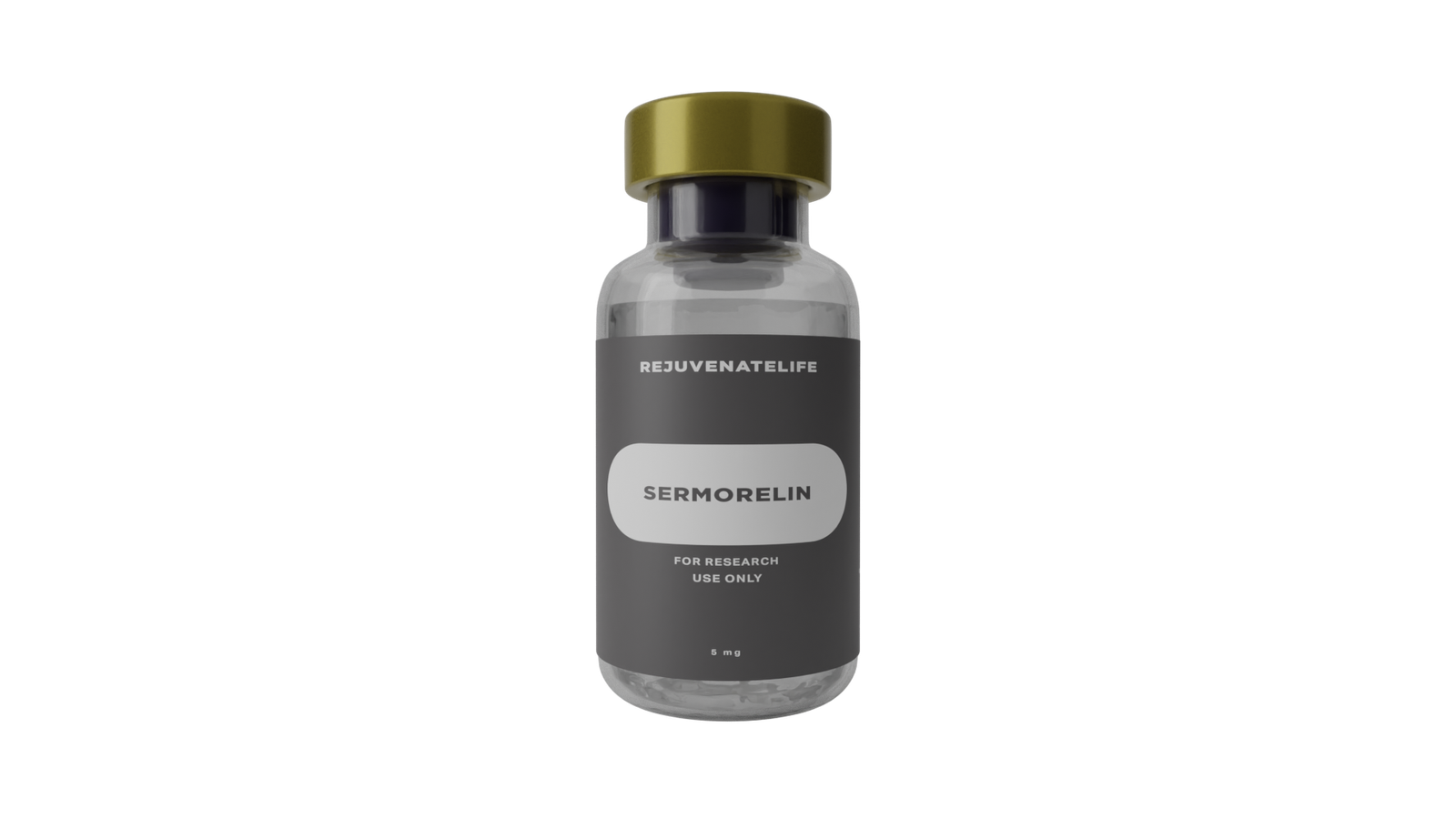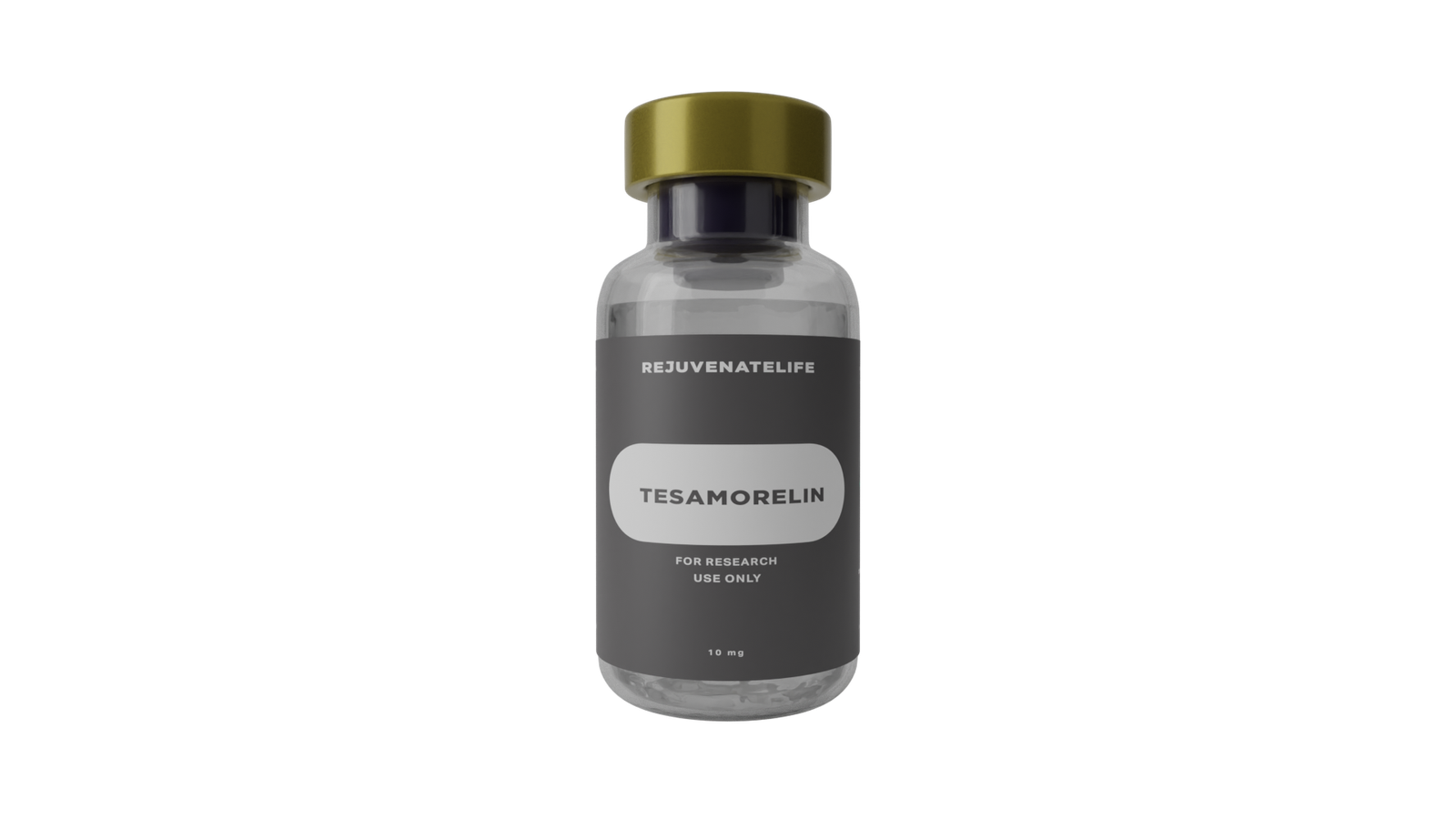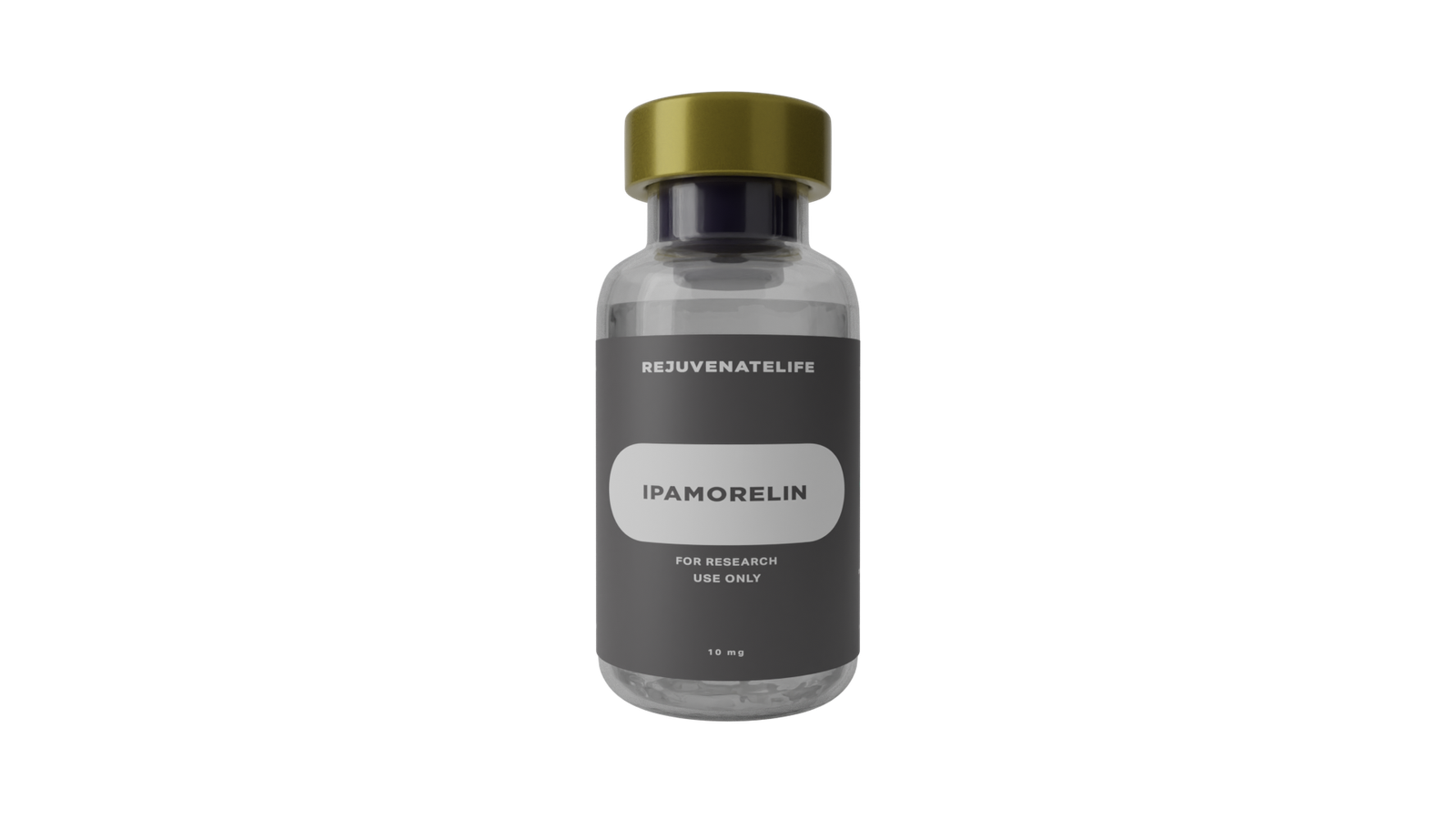Description
GF-1 LR3 (Insulin-like Growth Factor-1 Long R3) is a synthetic peptide designed for advanced laboratory research, particularly in the areas of cell growth, tissue regeneration, and metabolic processes. This modified form of IGF-1 boasts an extended half-life, which allows for prolonged activity within the body, making it a valuable tool for in-depth studies on muscle development, protein synthesis, and cellular repair. Researchers frequently turn to IGF-1 LR3 to better understand how it stimulates cell proliferation, supports tissue recovery, and enhances anabolic processes.
Key Research Applications:
-
Muscle Growth and Repair: IGF-1 LR3 is studied extensively for its potential to promote muscle cell differentiation, development, and repair. It offers valuable insights into the mechanisms behind muscle hypertrophy (growth) and tissue regeneration, particularly following physical stress or injury.
-
Protein Synthesis: Known for its potent ability to stimulate protein synthesis, IGF-1 LR3 is crucial in research aimed at understanding how proteins are synthesized and how this process contributes to muscle recovery and tissue repair.
-
Cell Proliferation and Renewal: IGF-1 LR3 plays a significant role in studies related to cellular health, specifically cell growth and renewal. Its ability to influence cell proliferation makes it a key component in research on tissue regeneration and the repair of damaged cells.
Research Highlights:
-
Extended Half-Life for Prolonged Activity: Unlike natural IGF-1, IGF-1 LR3 has a significantly extended half-life, which ensures sustained activity within the body over an extended period. This feature allows for deeper, more effective exploration of growth and metabolic pathways.
-
Promoting Muscle and Tissue Growth: Studies have demonstrated that IGF-1 LR3 enhances muscle hypertrophy and accelerates recovery by stimulating key growth and repair pathways. This makes it valuable not only for athletic performance research but also for studies on muscle regeneration.
-
Diverse Metabolic Applications: The versatility of IGF-1 LR3 allows it to be applied to a broad range of research areas, including metabolic pathways, growth processes, and tissue regeneration. Its role in regulating metabolism and supporting growth makes it a critical tool in multiple fields of study.
Ongoing Scientific Interest:
-
Comparative Growth Factor Studies: Researchers are conducting studies to compare the effectiveness of IGF-1 LR3 with other growth factors to assess its unique properties in stimulating muscle and cellular growth.
-
Tissue Regeneration and Recovery: Current research is focused on the potential of IGF-1 LR3 in regenerative medicine, specifically in accelerating muscle and tissue recovery after injury or stress. Its ability to support tissue regeneration and enhance recovery is an area of significant interest in medical and sports science research.
Why IGF-1 LR3 is Essential for Research:
-
Prolonged Activity for Comprehensive Research: The extended half-life of IGF-1 LR3 makes it a powerful tool for sustained research into cellular growth, muscle development, and metabolic regulation. Its prolonged activity allows researchers to track long-term effects in growth and repair processes.
-
Broad Research Applications: With its impact on muscle repair, protein synthesis, and cellular health, IGF-1 LR3 is a versatile peptide that can be used in a variety of research fields. It offers valuable insights into anabolic processes, growth factor regulation, and tissue regeneration, making it an essential tool for advancing scientific knowledge.
Disclaimer: This product is intended for laboratory research use only and is not intended for human consumption, medical, or therapeutic purposes.







Reviews
There are no reviews yet.